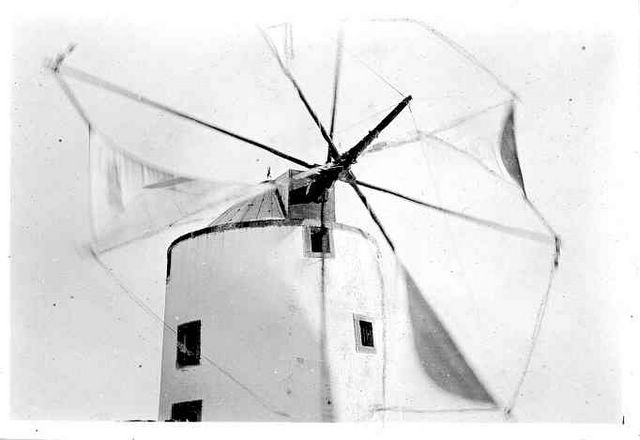"Se entendermos a promessa divina como um contrato não entre Deus e o homem mas entre o homem e a terra - é este último, creio, que subjaz ao primeiro -, poderemos falar de qualquer coisa como as obrigações da humanidade para com a terra, da mesma maneira que da sua incapacidade de cumprir tais obrigações. Refiro-me aqui não tanto ao planeta na sua determinação material, mas mais à terra húmica, que perdurará como correlativo elementar da história humana apenas enquanto durar a própria história. Quando a história se volta contra o seu próprio impulso de memorialização e de auto-conservação, quando é entendida como uma força de apagamento mais do que de inscrição, de ataque à terra mais do que de humanização da terra, surgem na imaginação humana, inevitáveis, as imagens de um mar apocalíptico. Tais imagens recordam-nos que a história existe numa promessa que tem uma história própria, uma história que é finita; e recordam-nos ainda que só uma consciência, sempre vigilante, da finitude de tal promessa pode assegurar a sua perenidade."
If we understand the covenant not so much as a contract between God and man as between man and earth - for it is the latter contract, I believe, that lies at the basis of the former - then we can speak of something like humankinds's obligations toward the earth, as well as its failures to meet those obligations. I speak here not so much of the planet in its material determination as of the humic earth, which will endure as the elemental correlative of human history only as long as history itself endures. When history turns against its own memorializing and self-conserving drive, when it is perceived to have become a force of erasure rather than of inscription, of assault on the earth rather than humanization of the earth, then images of an apocalyptic sea inevitably surge up in the human imagination. Such images remind us that history exists in a covenant that has a history of its own, and a finite one at that; and remind us furthermore that only an evervigilant awareness of the covenant's finitude assures its perpetuity.
